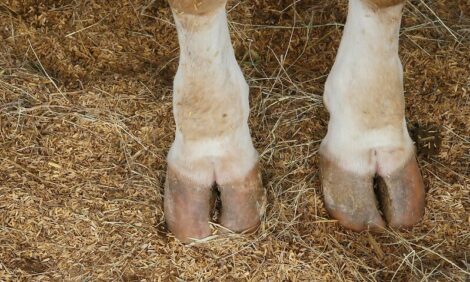



Superbugs Pose New Problems to South American Farmers
SOUTH AMERICA – Antimicrobial resistance is rendering previously effective drugs useless and increasing the risk of more disease, a range of experts are telling South American farmers.These dangers are known by authorities and scientists but require action from producers, veterinarians and consumers, an industry meeting heard last week.
This is according to the Inter-American Institute for Cooperation on Agriculture (IICA), a pan-national agricultural body which invited international speakers to share knowledge about future health implications of antimicrobial resistance.
IICA health manager, Robert Ahern, said many global bodies are working on the issue, but that skills and knowledge on farm and among the public need “strengthening”.
Such efforts require global guidance, said Monsterrat Arroyo, regional representative for the World Organisation for Animal Health.
"Antimicrobial resistance challenges the control of infectious diseases, raises care costs, compromises the safety and health of food hurts economies and potential in the treatment of animals a problem," he added.
Professor Armando Hoet warned that Salmonella bacteria are adapting to evade the effects of drugs.
"Salmonella, for example, has an enzyme which multiplies the reproduction, this can be blocked with a drug and the bacteria is not well reproduced and dies.
“The resistance comes when a strain of salmonella changes in its structure and the drug has no effect, so the bacteria reproduce and prevails in animals.”






